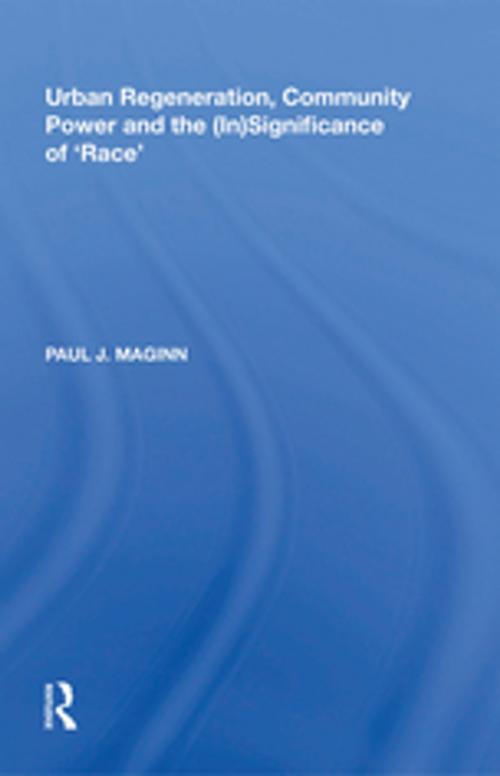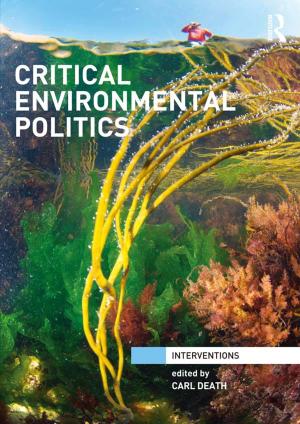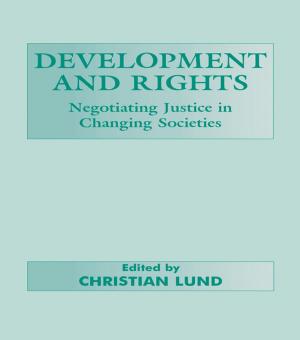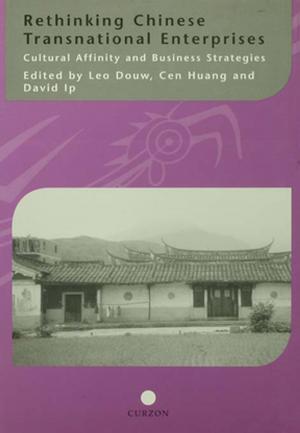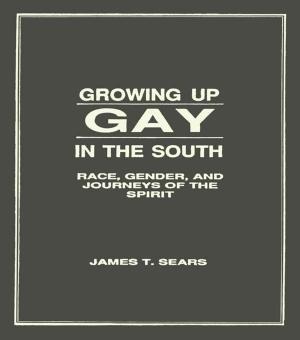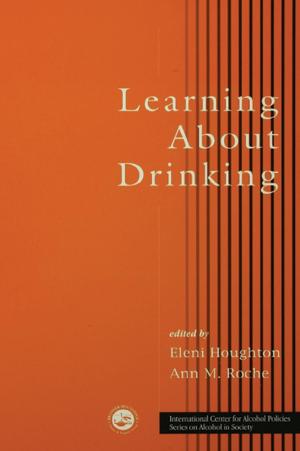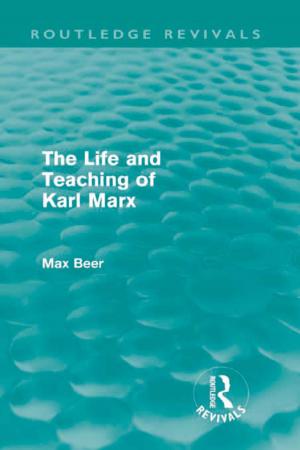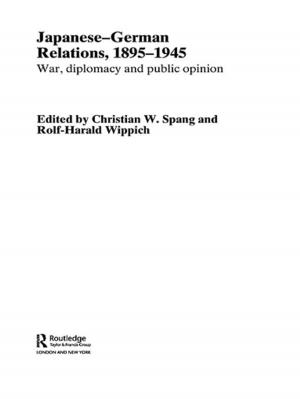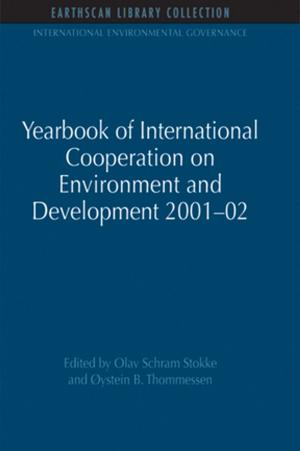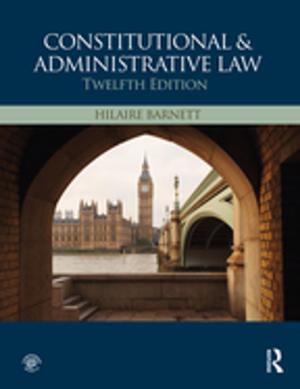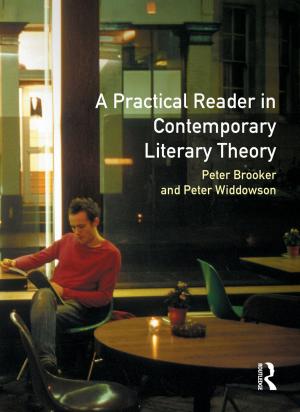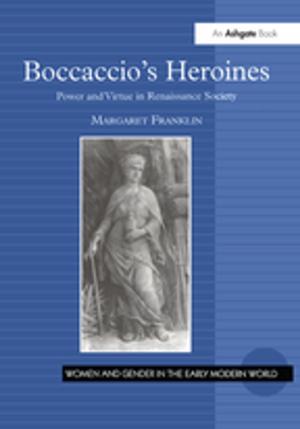Urban Regeneration, Community Power and the (In)Significance of 'Race'
Nonfiction, Science & Nature, Science, Earth Sciences, Geography| Author: | Paul J. Maginn | ISBN: | 9781351143585 |
| Publisher: | Taylor and Francis | Publication: | November 30, 2017 |
| Imprint: | Routledge | Language: | English |
| Author: | Paul J. Maginn |
| ISBN: | 9781351143585 |
| Publisher: | Taylor and Francis |
| Publication: | November 30, 2017 |
| Imprint: | Routledge |
| Language: | English |
The concepts of community consultation and participation have come to dominate academic and policy debate about urban regeneration partnerships. However, there has been relatively little discussion about the nature of 'community power' within regeneration partnerships. Adopting an ethnographic approach in the study of community participation and power and the significance of 'race' in three ethnically diverse neighbourhoods in London, this book highlights that there has been a 'pluralistic turn' in British urban regeneration policy. Local communities, often portrayed as the least powerful partner within partnerships, are shown to use various strategies to influence decision-making, thus giving rise to a new typology of pluralism - 'pragmatic'; 'hyper-' and 'paternalistic'. Furthermore, the significance of 'race' (and racism) within community forums and regeneration partnerships is challenged. The playful use of the term (In) Significance in the title is linked to the argument that, although racism exists, 'race' does not always matter.
The concepts of community consultation and participation have come to dominate academic and policy debate about urban regeneration partnerships. However, there has been relatively little discussion about the nature of 'community power' within regeneration partnerships. Adopting an ethnographic approach in the study of community participation and power and the significance of 'race' in three ethnically diverse neighbourhoods in London, this book highlights that there has been a 'pluralistic turn' in British urban regeneration policy. Local communities, often portrayed as the least powerful partner within partnerships, are shown to use various strategies to influence decision-making, thus giving rise to a new typology of pluralism - 'pragmatic'; 'hyper-' and 'paternalistic'. Furthermore, the significance of 'race' (and racism) within community forums and regeneration partnerships is challenged. The playful use of the term (In) Significance in the title is linked to the argument that, although racism exists, 'race' does not always matter.
